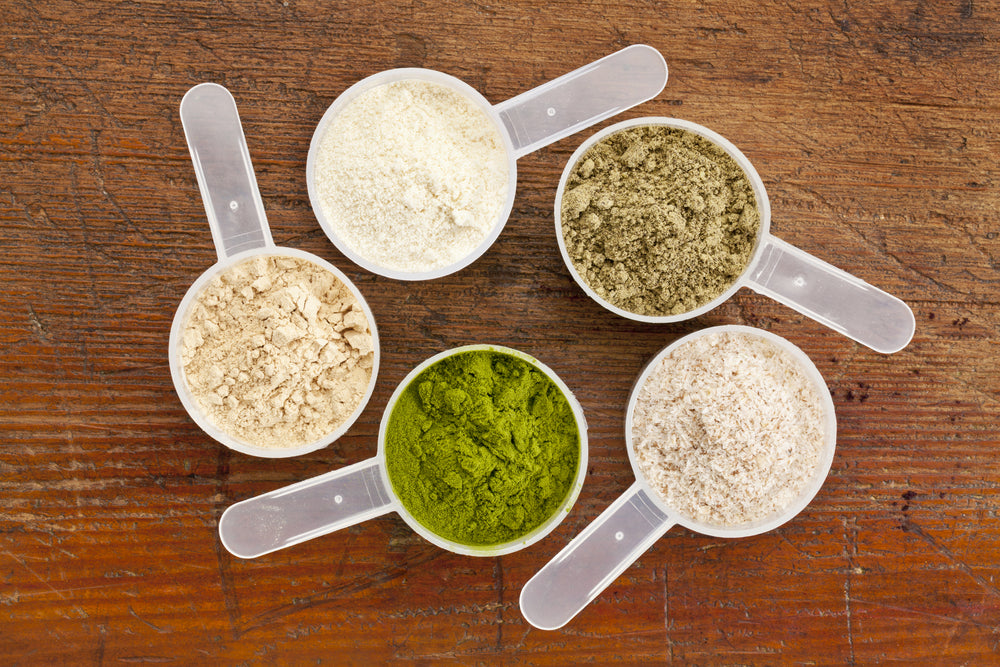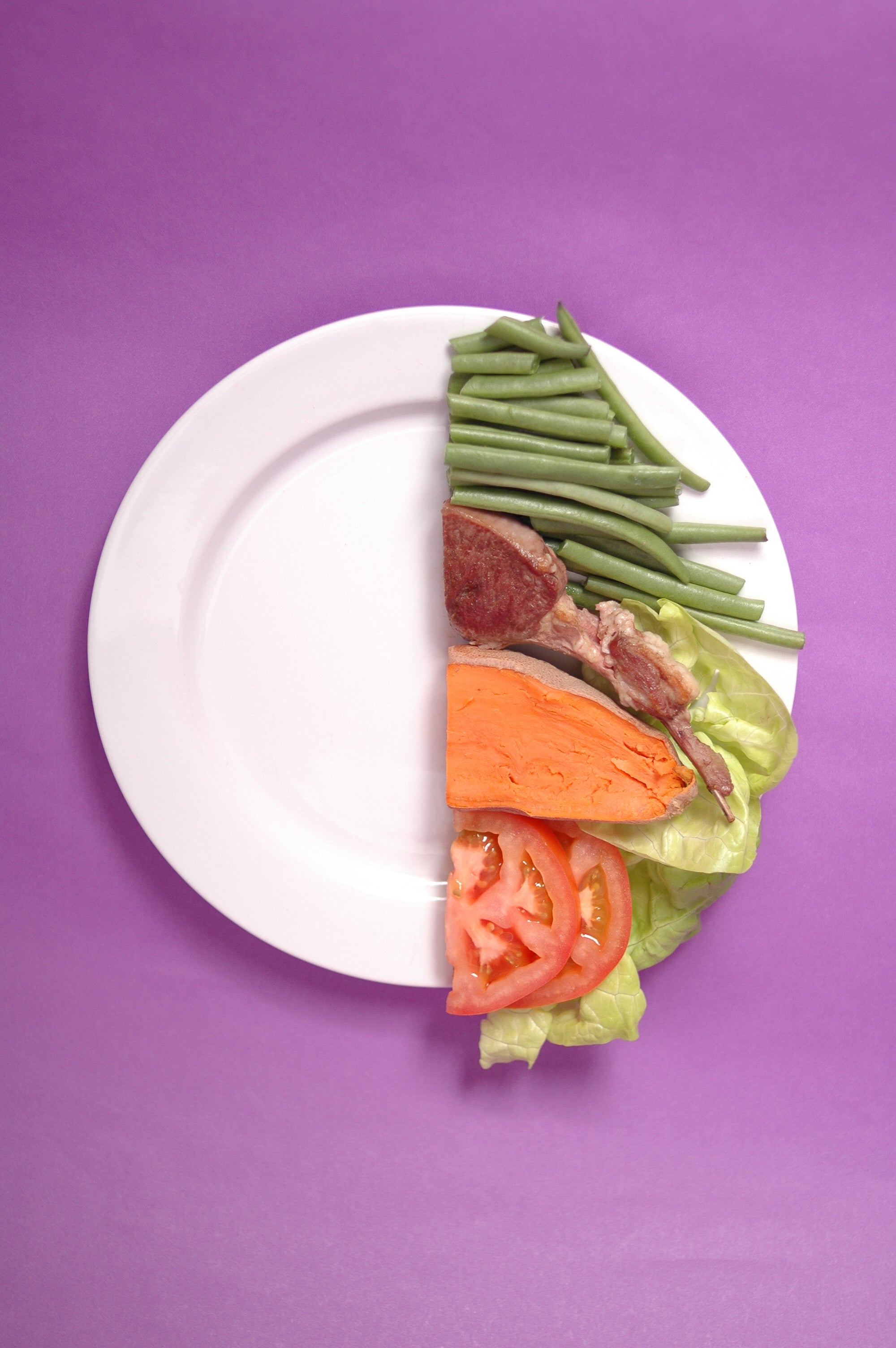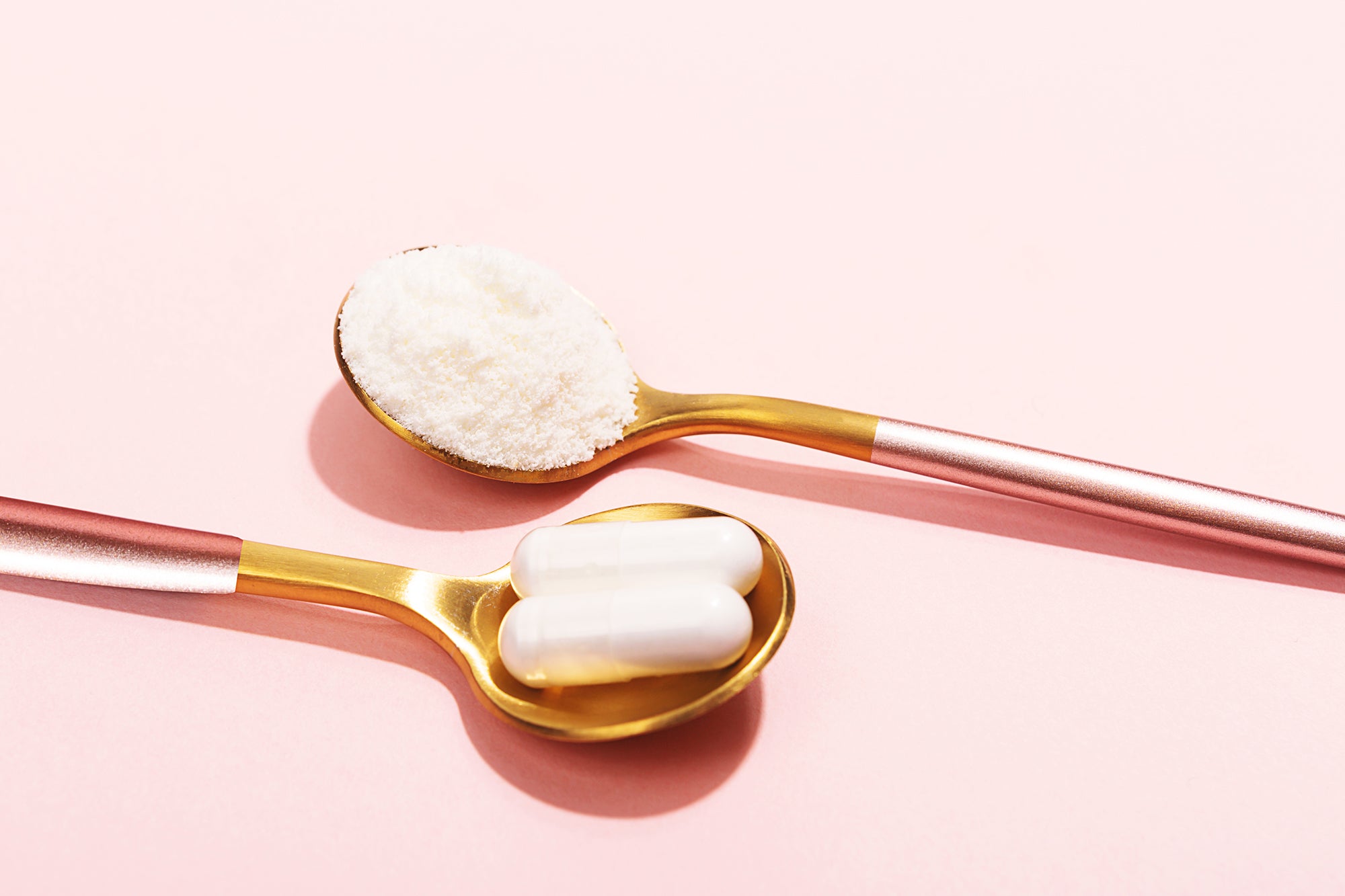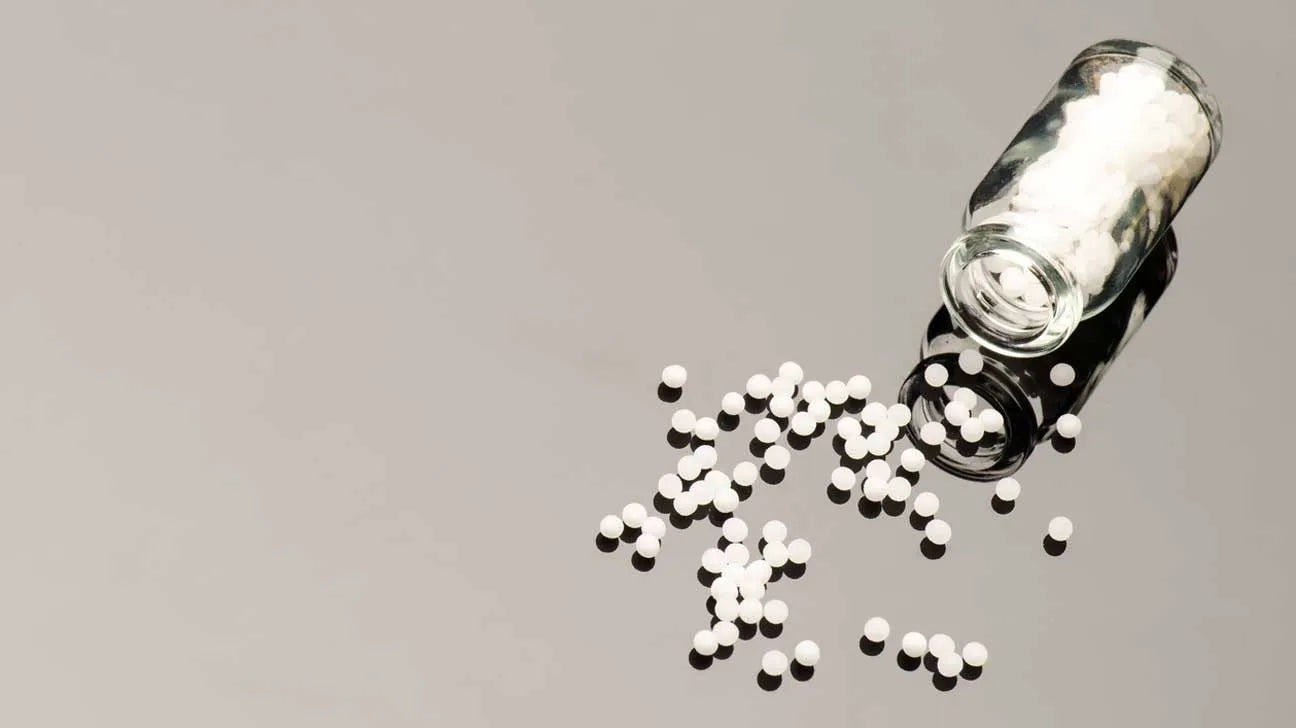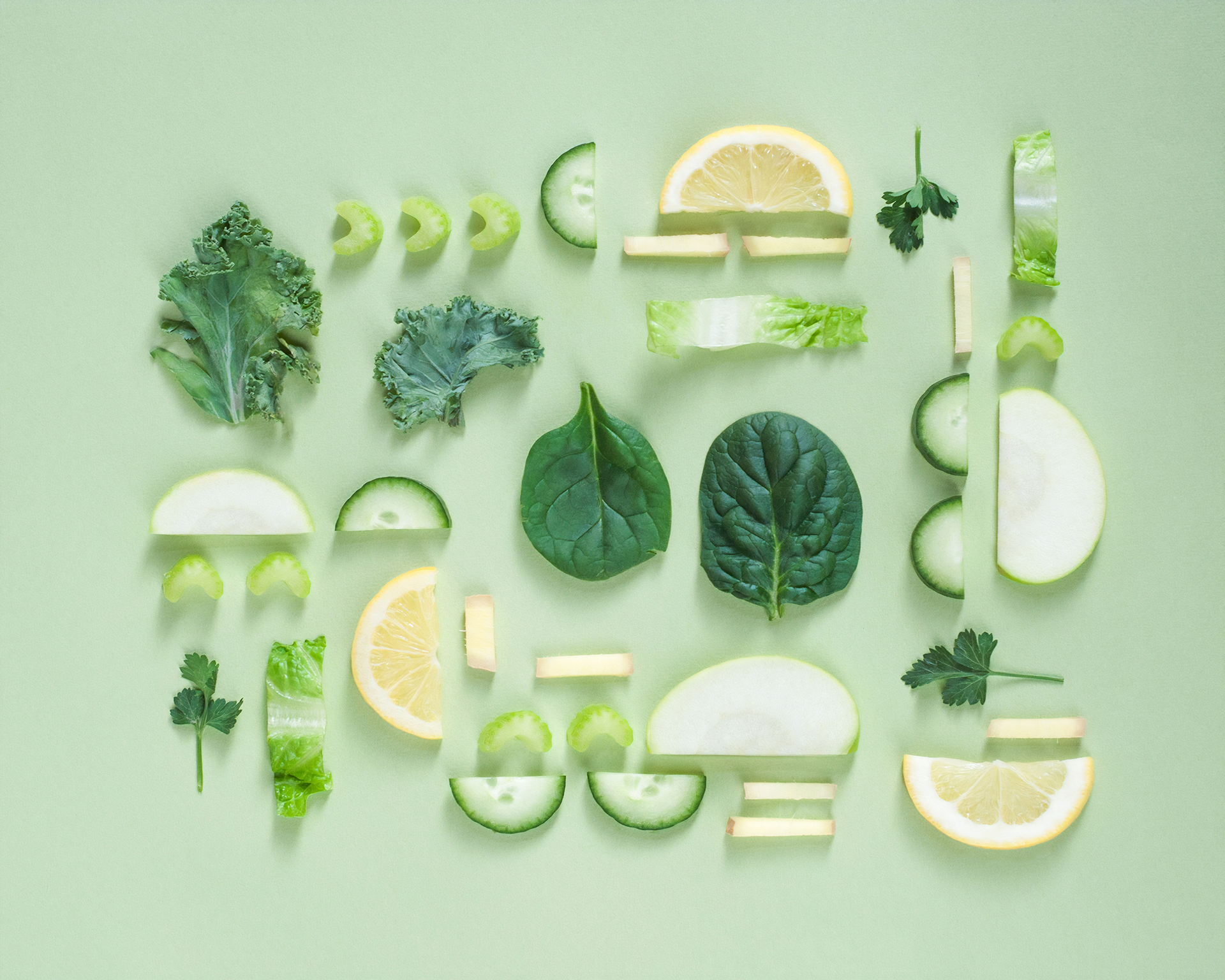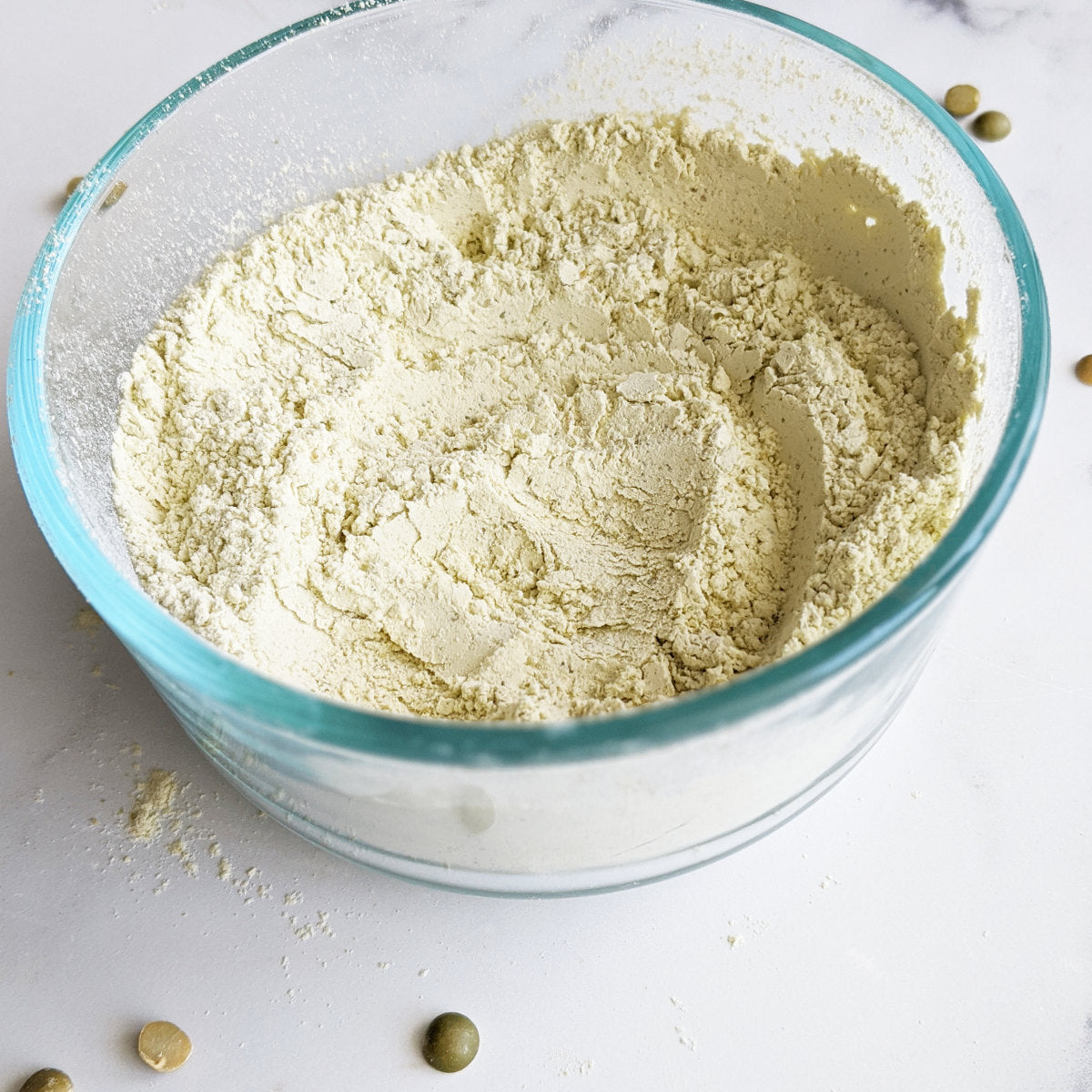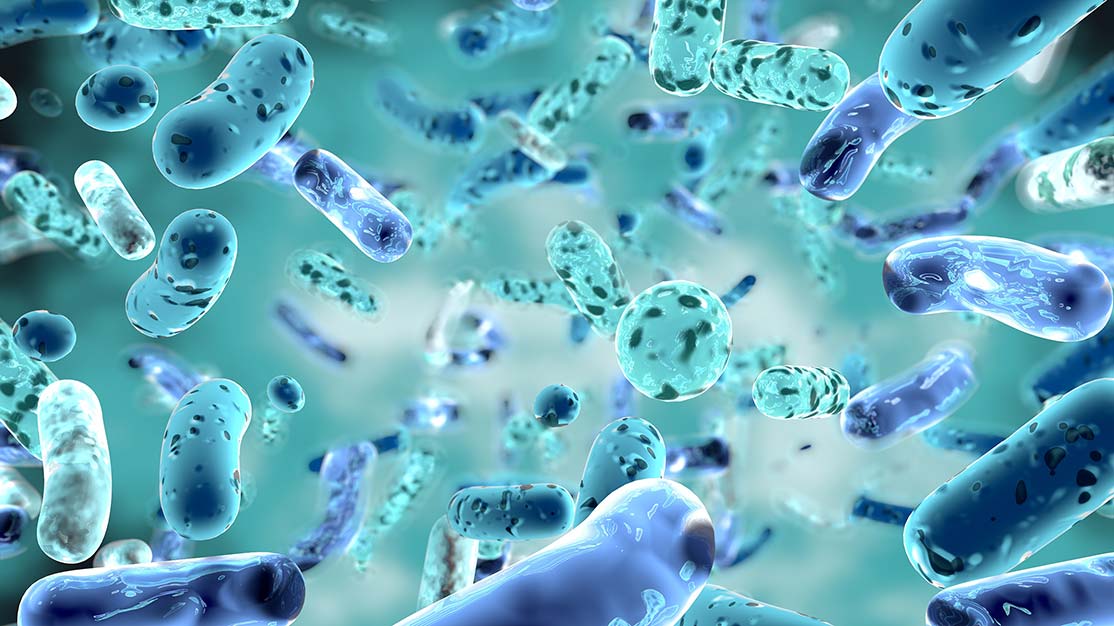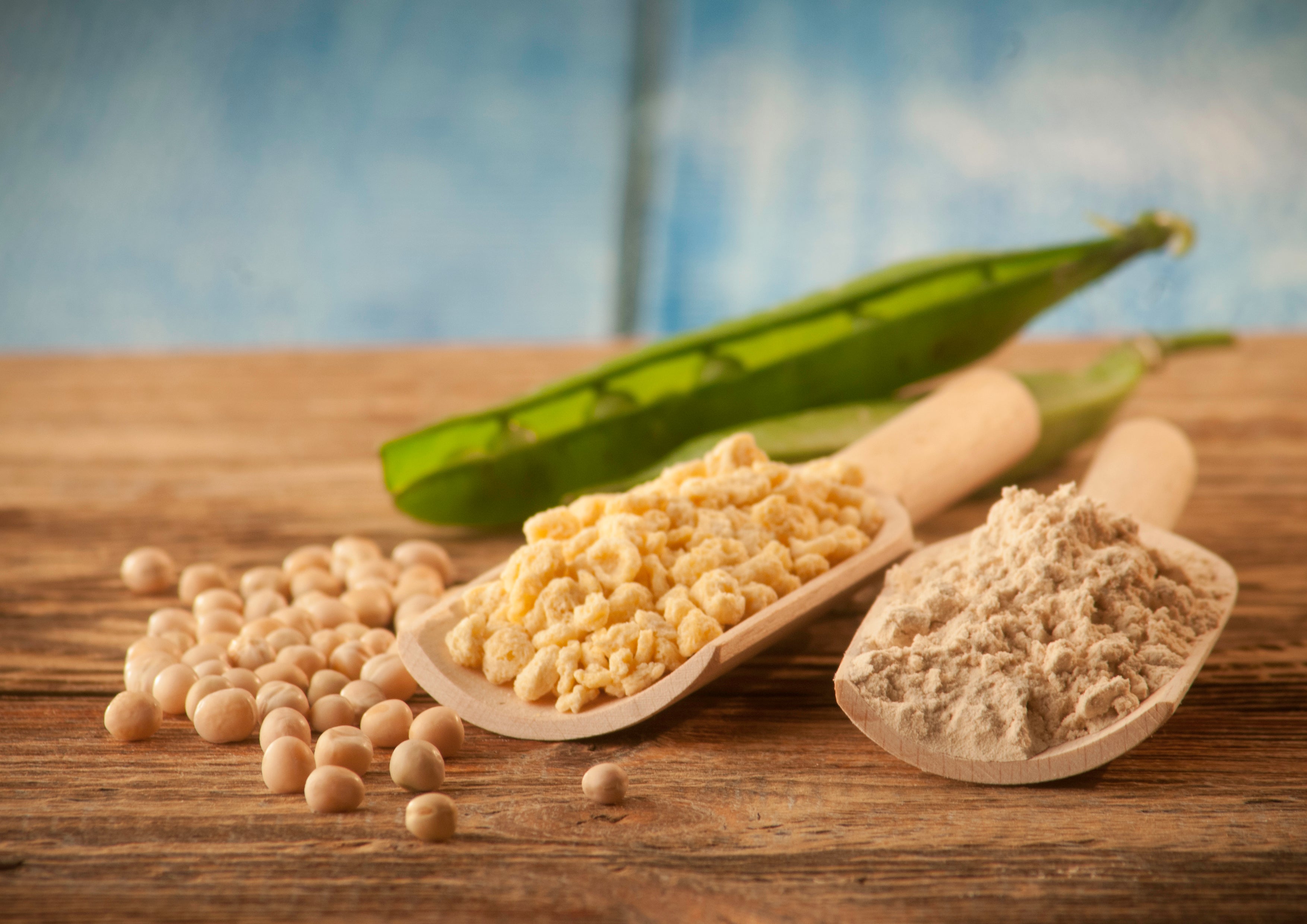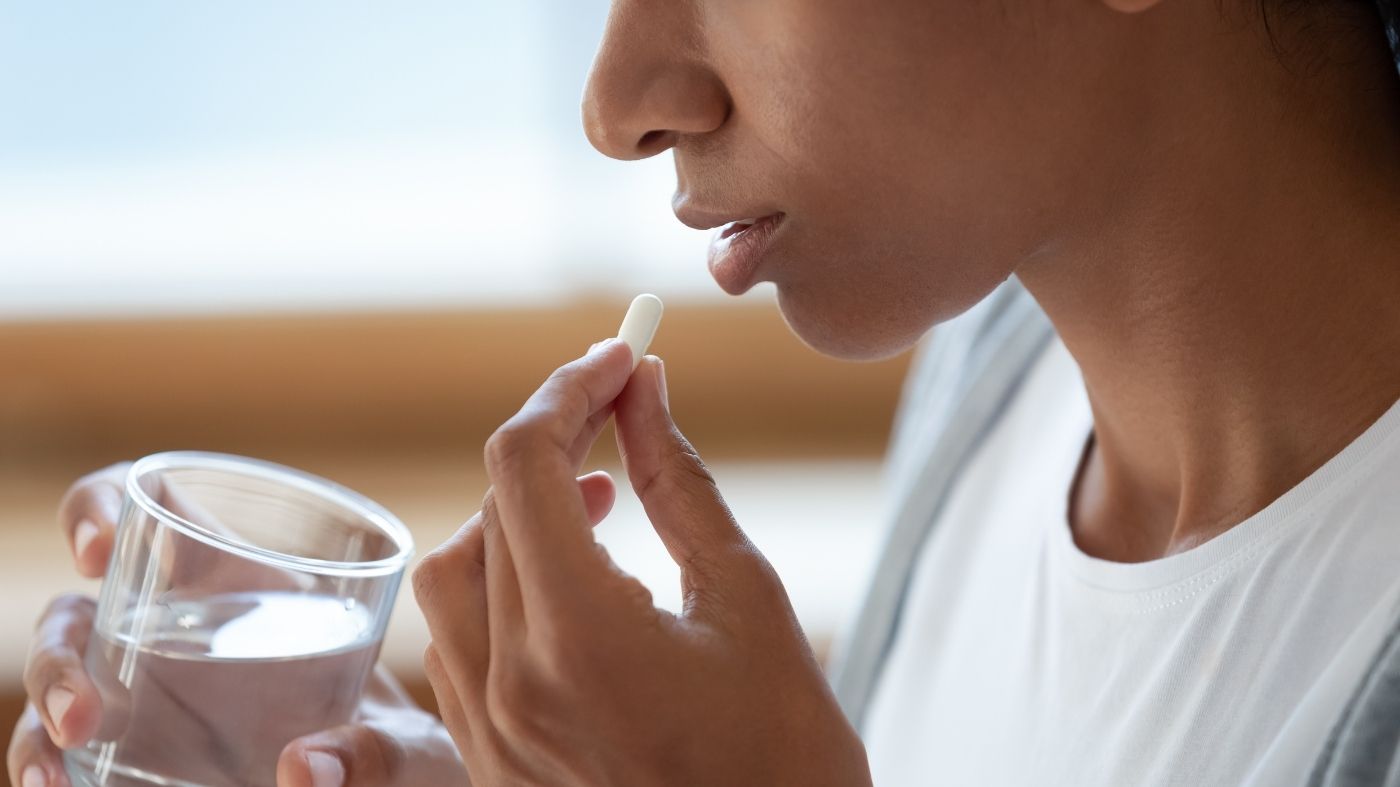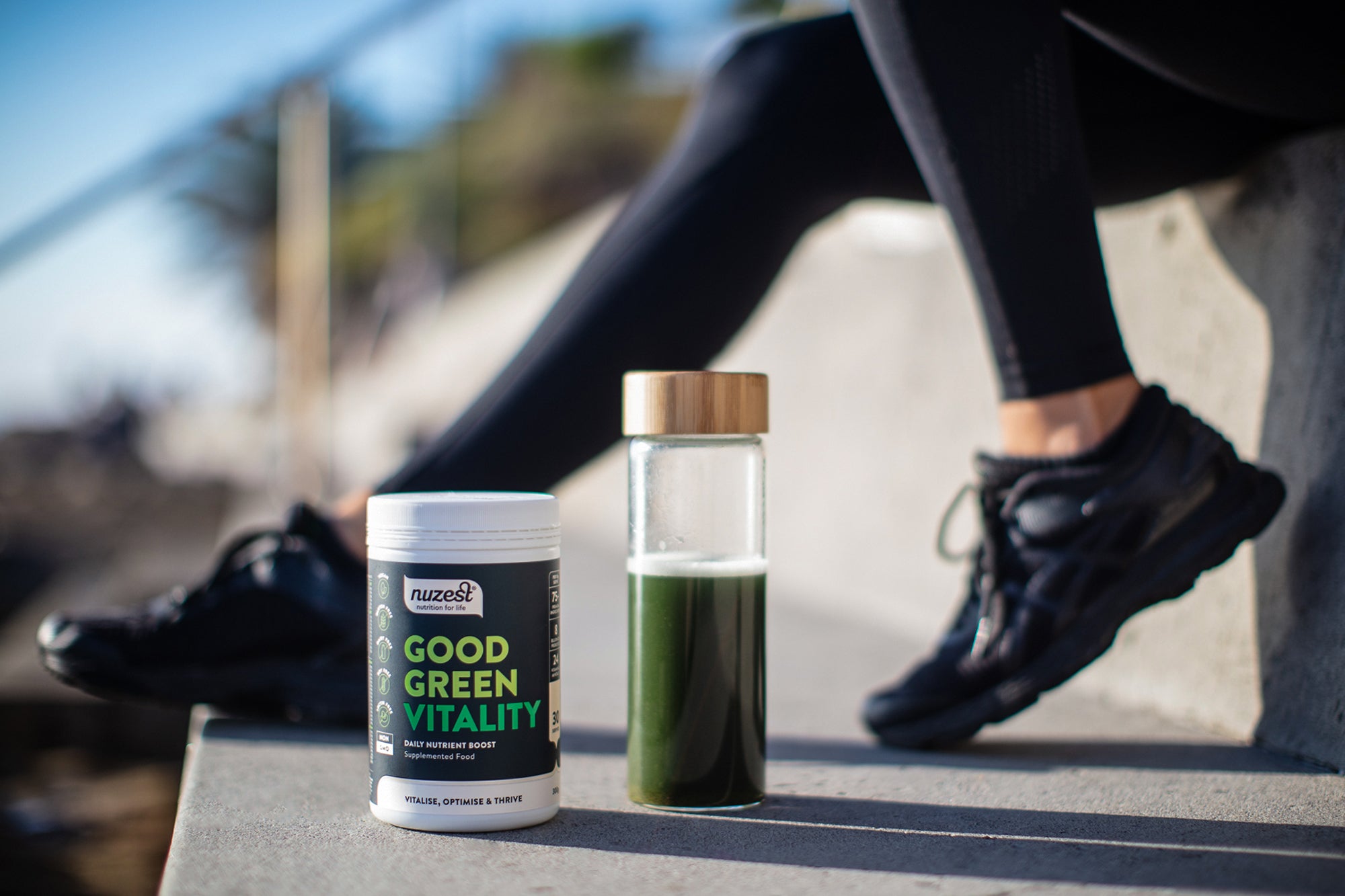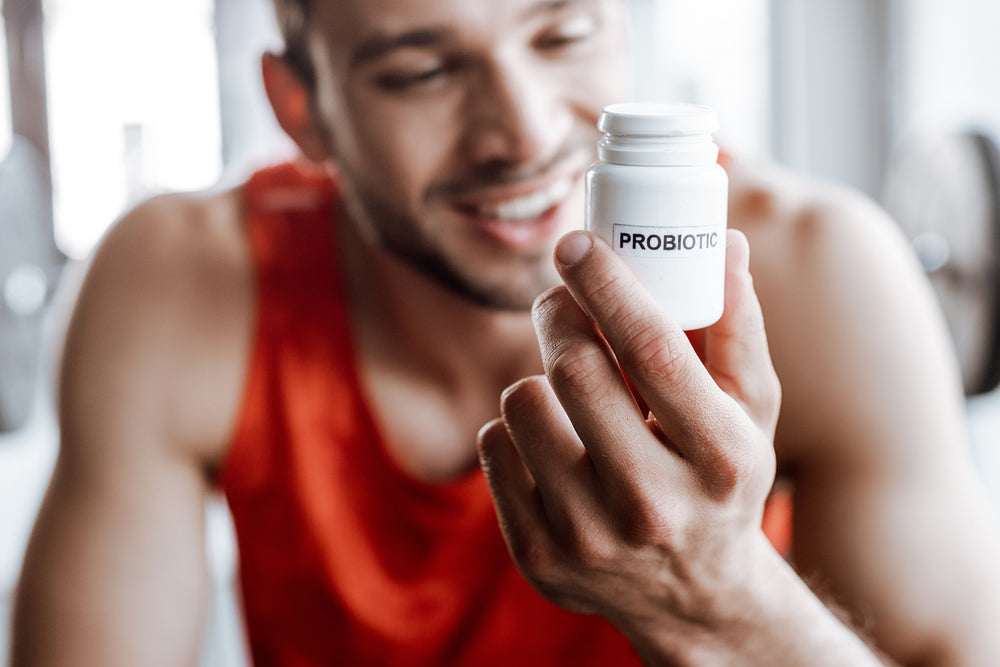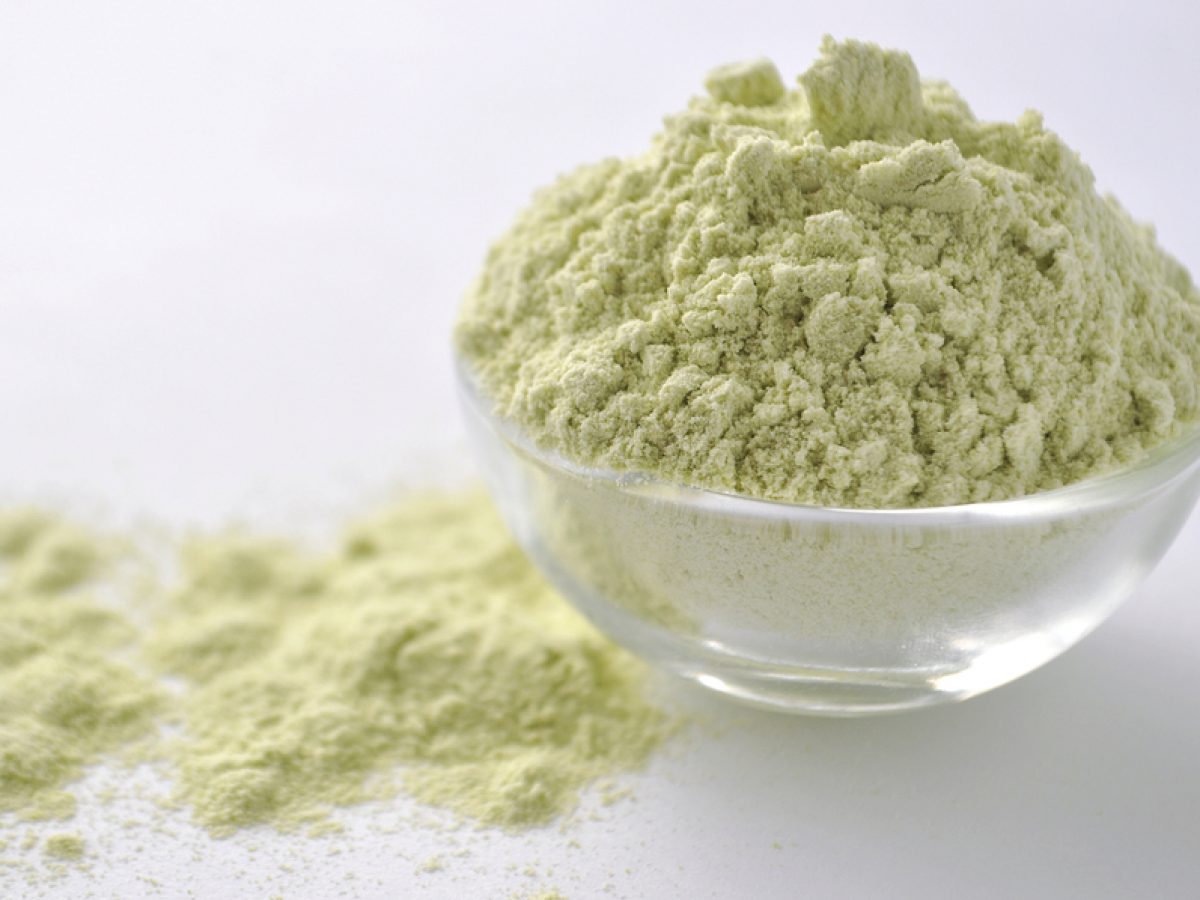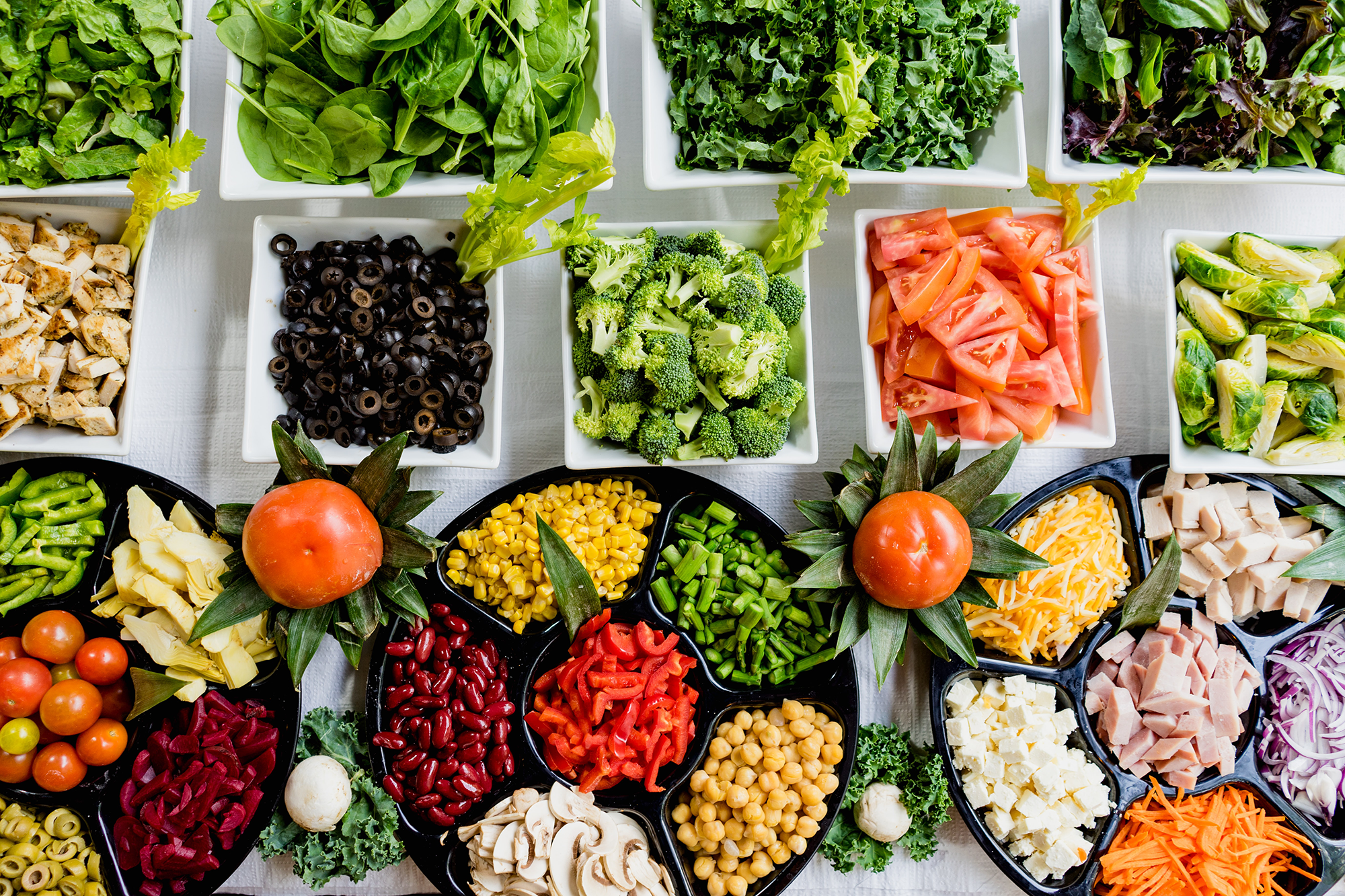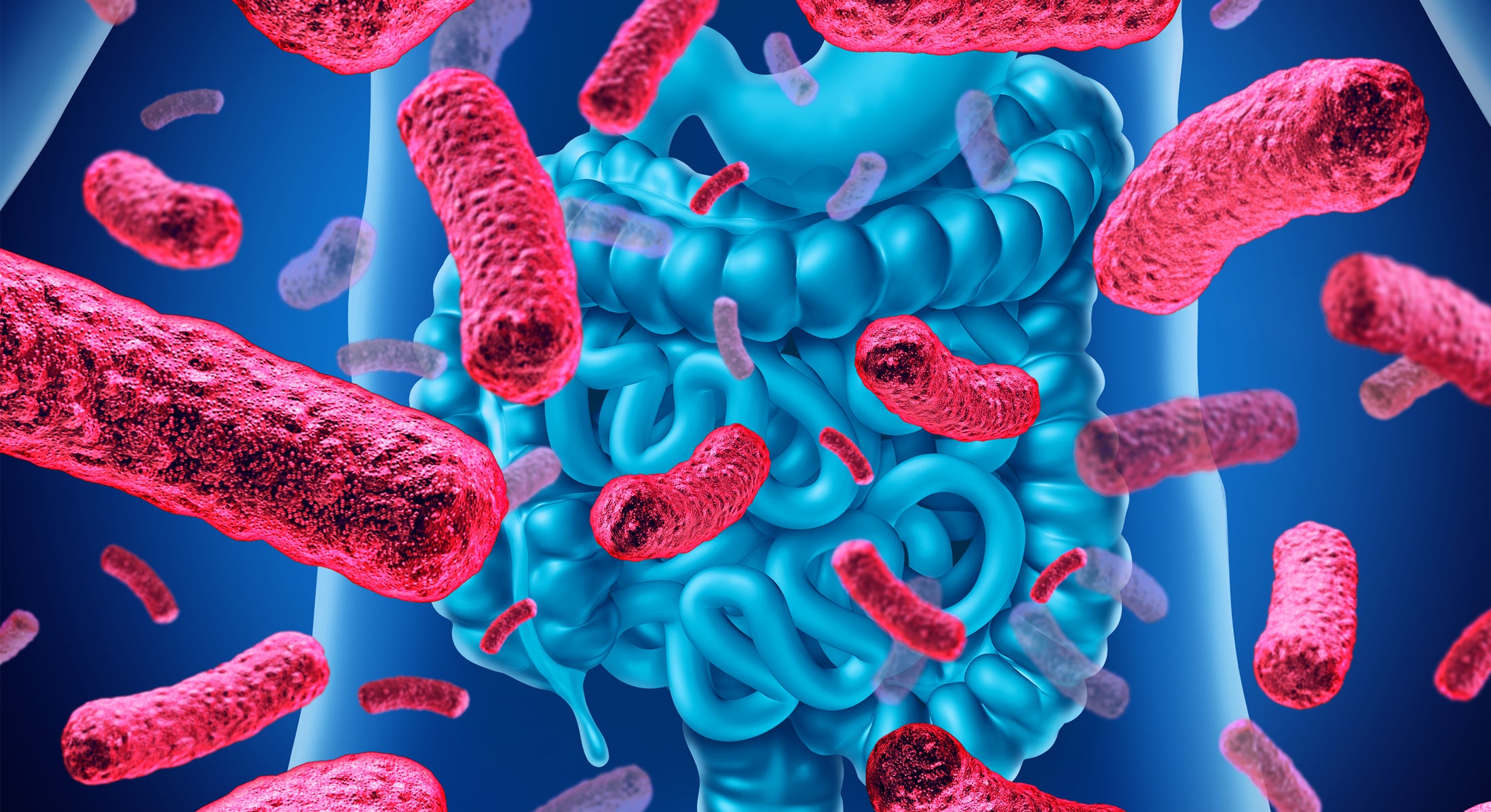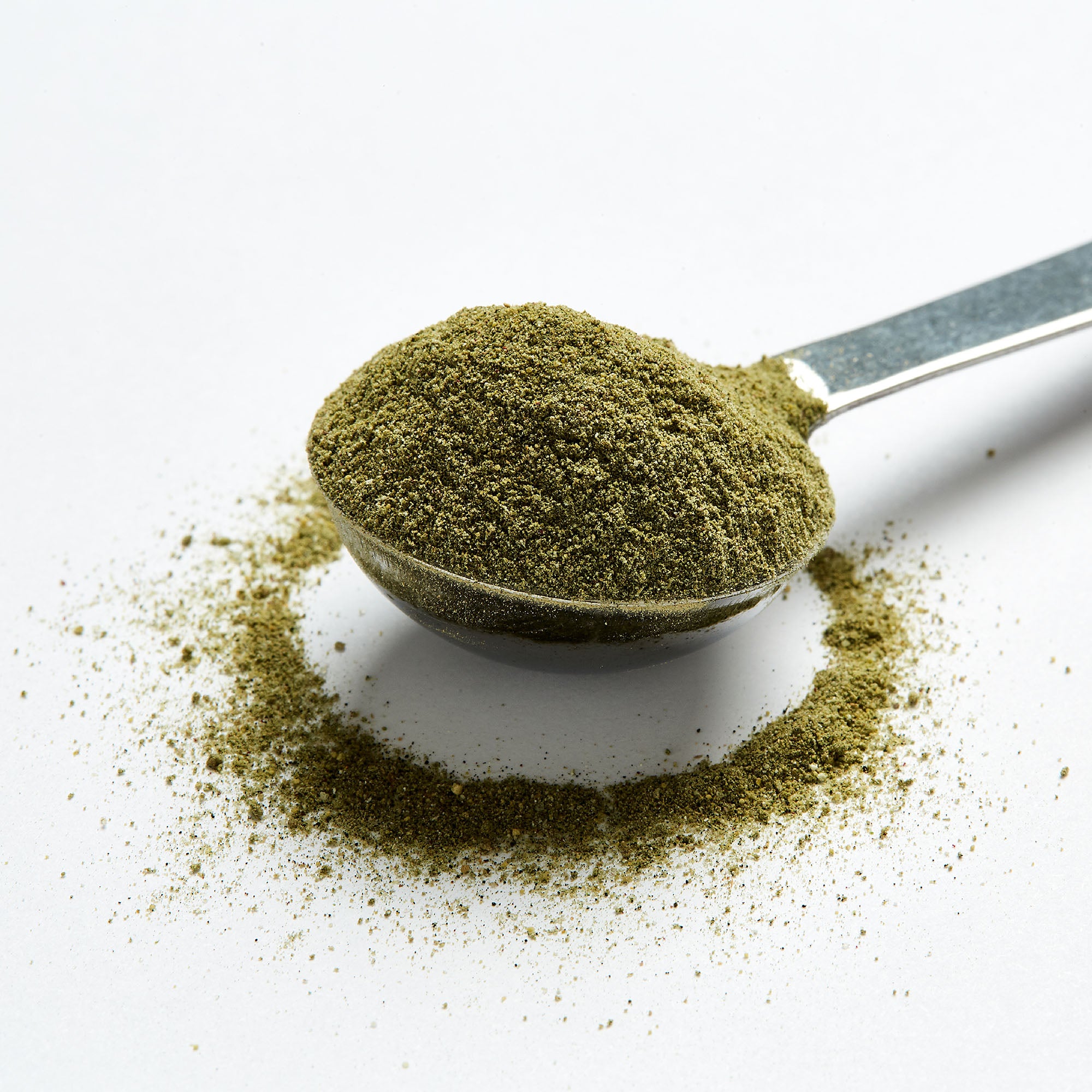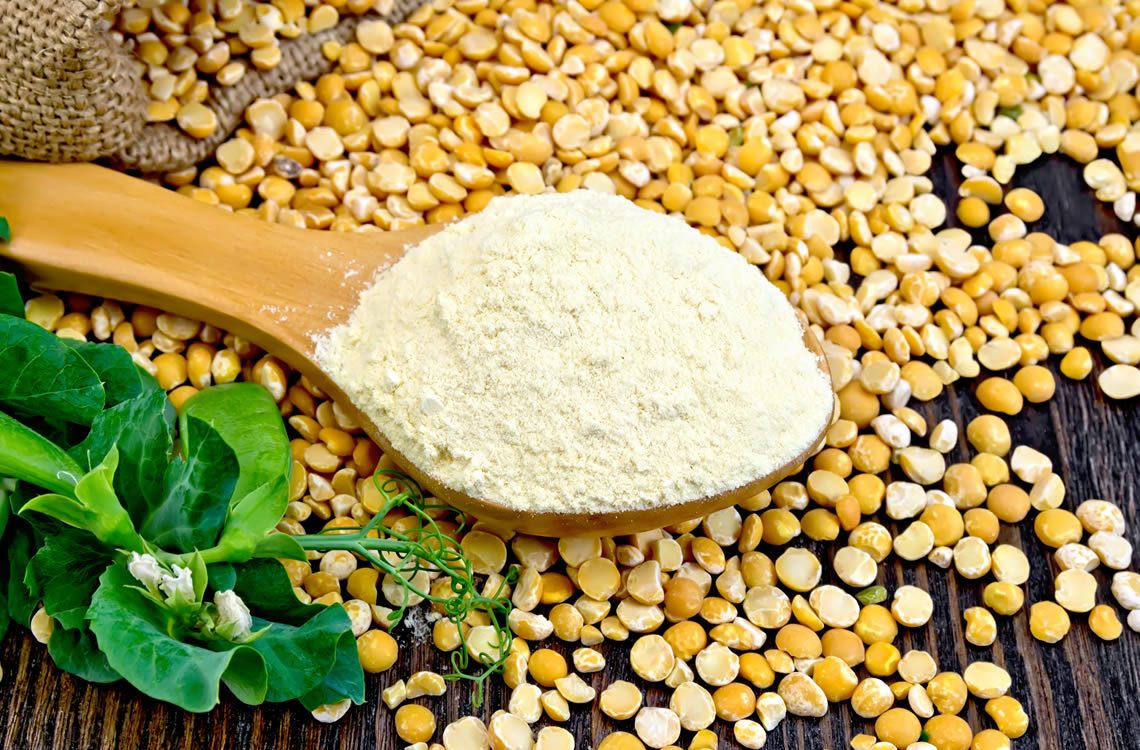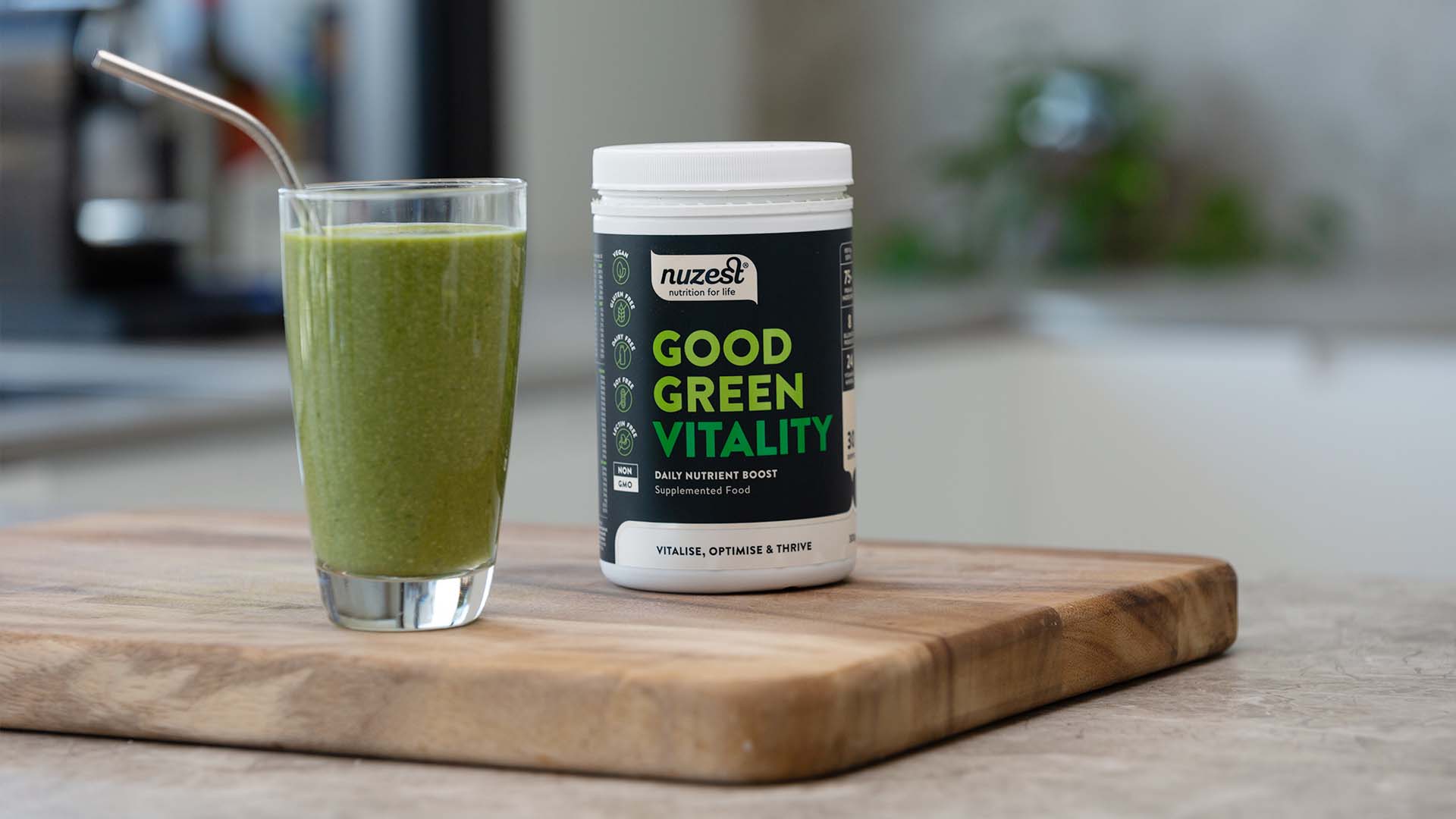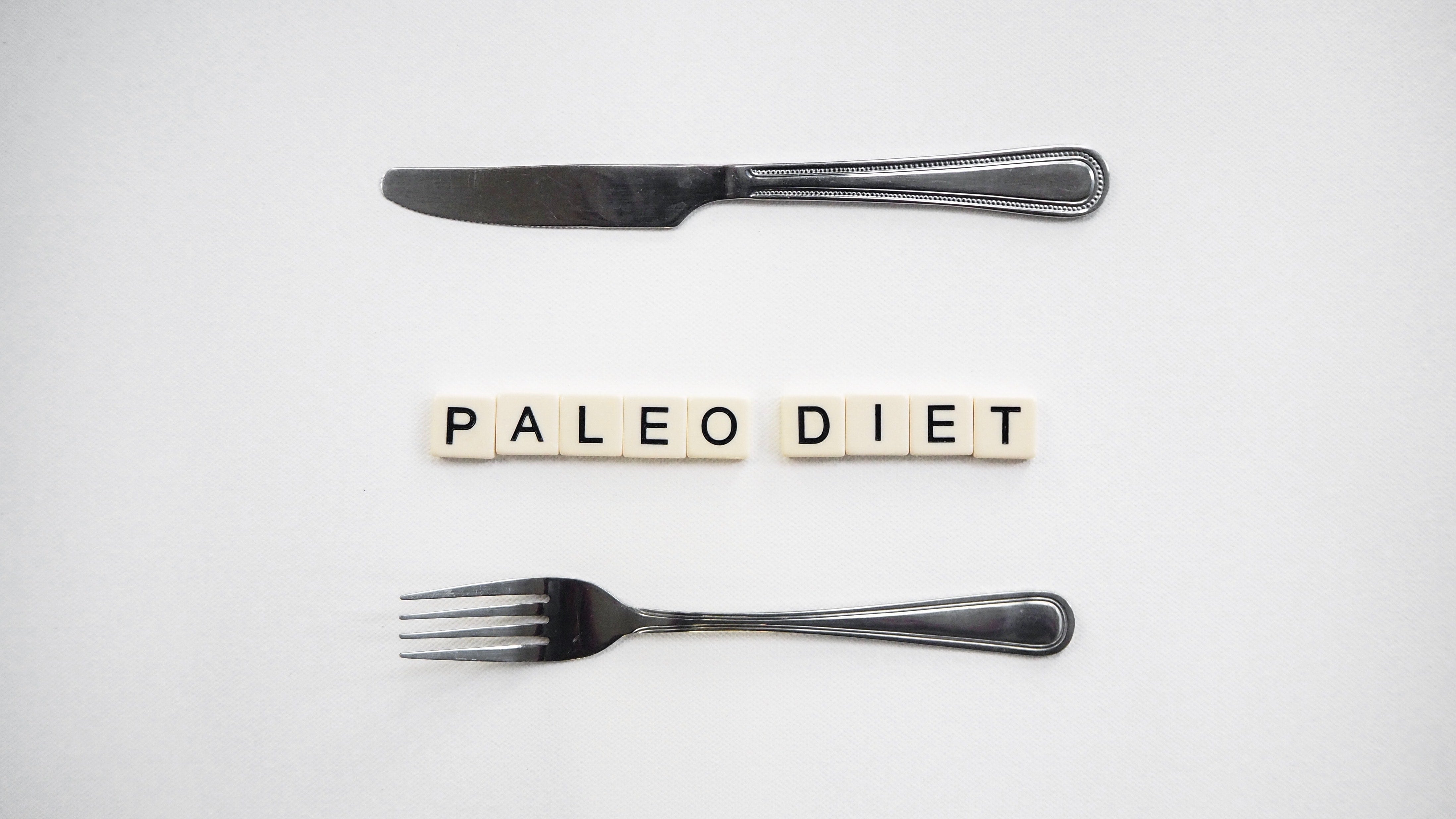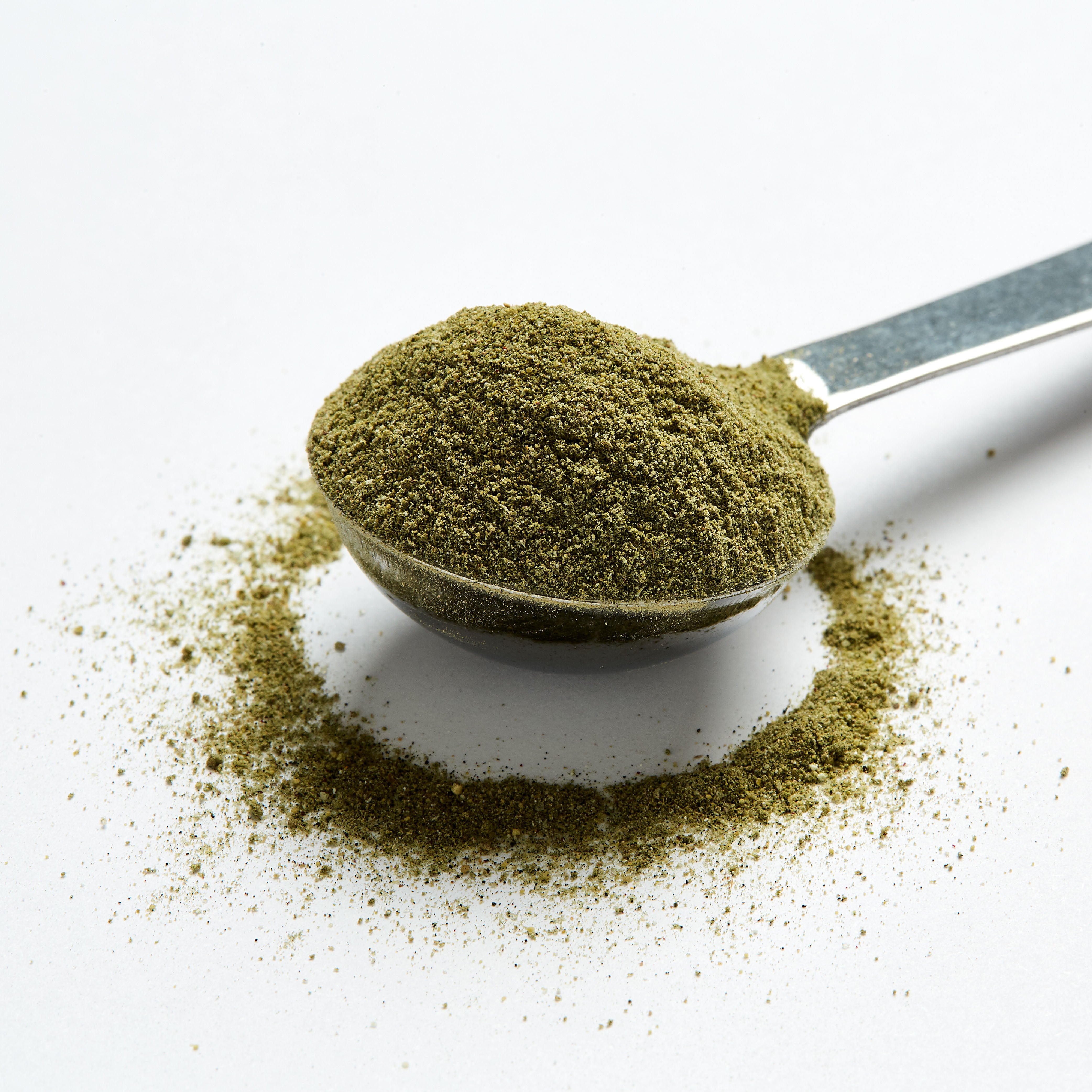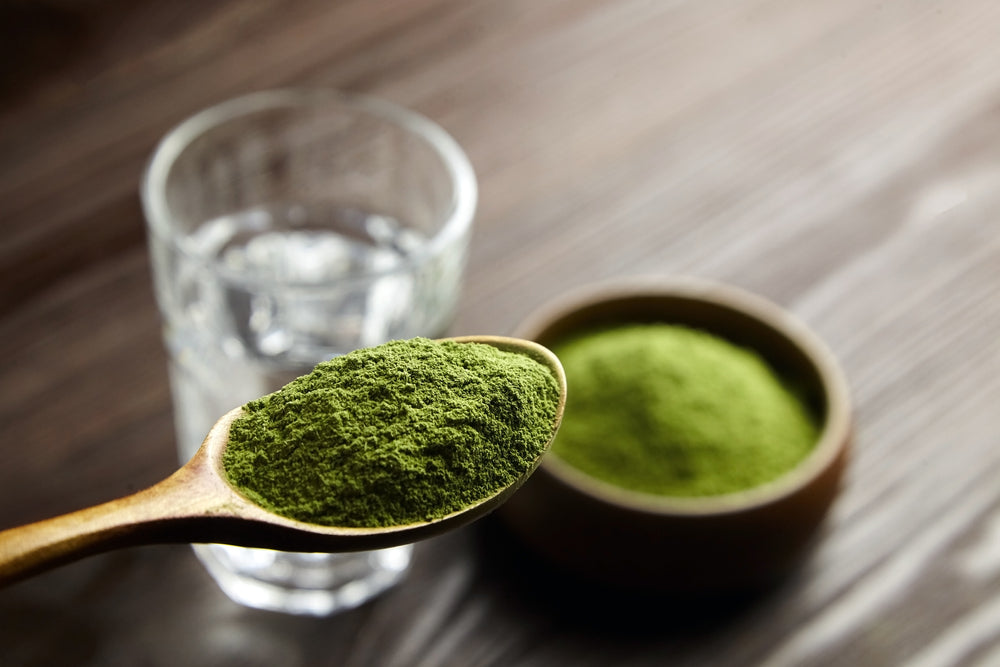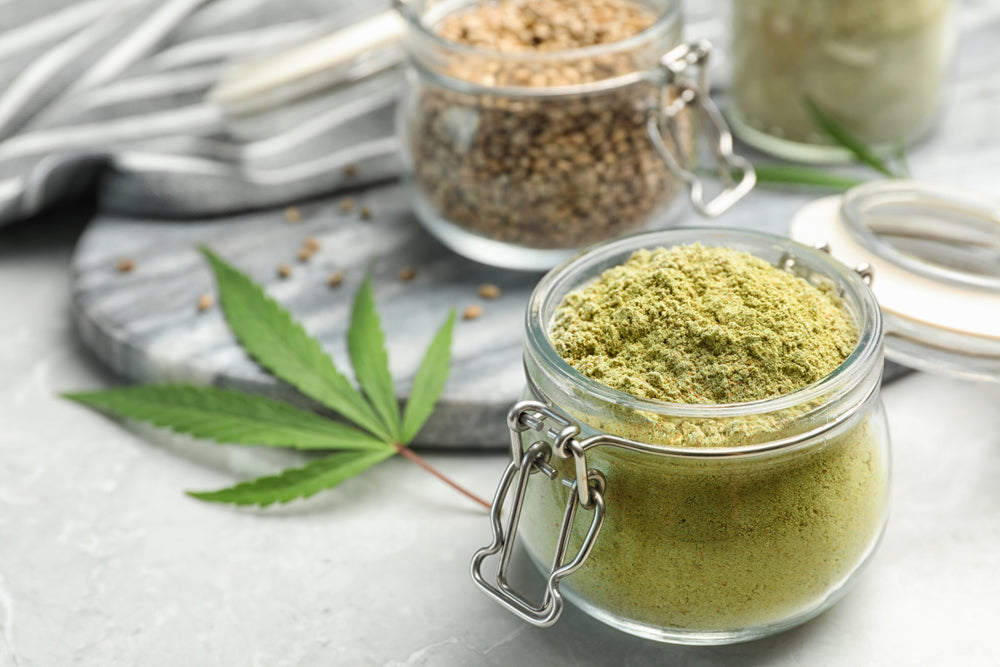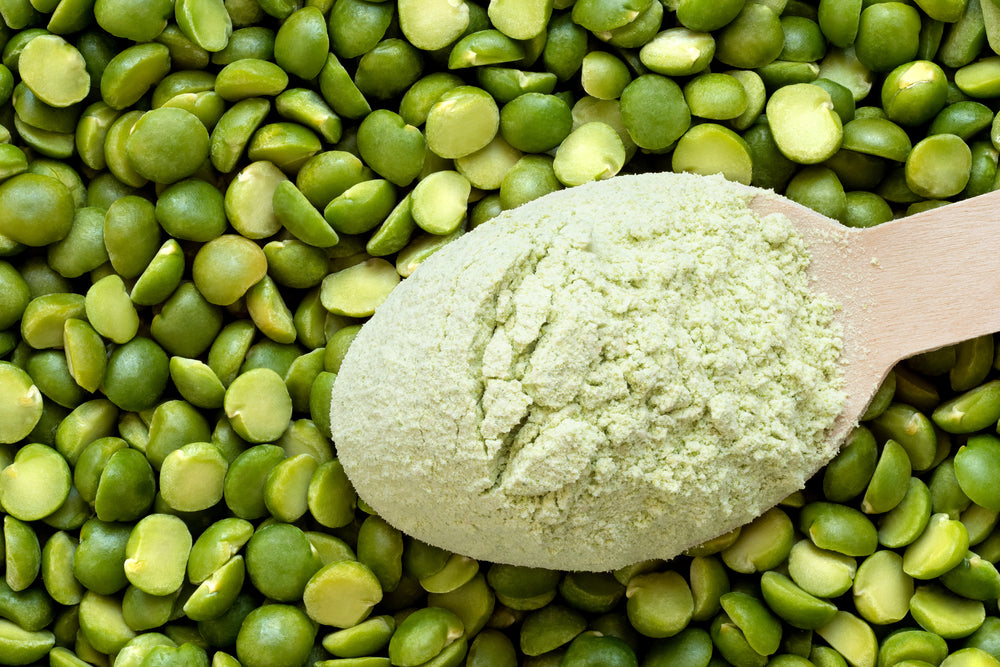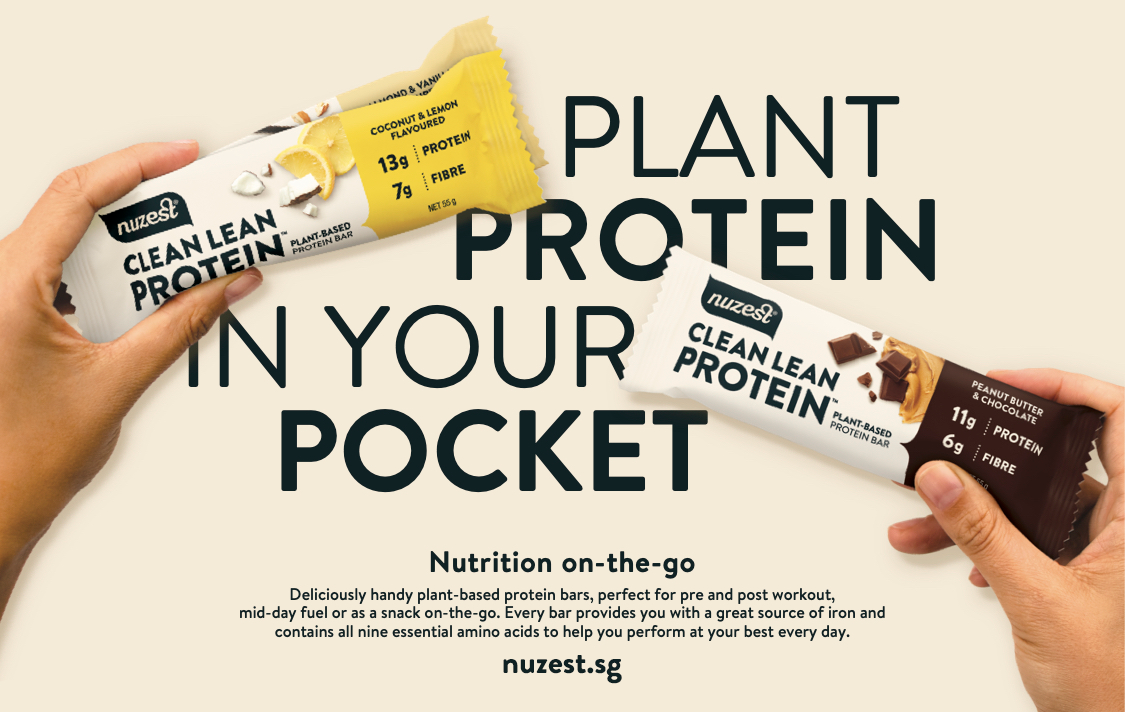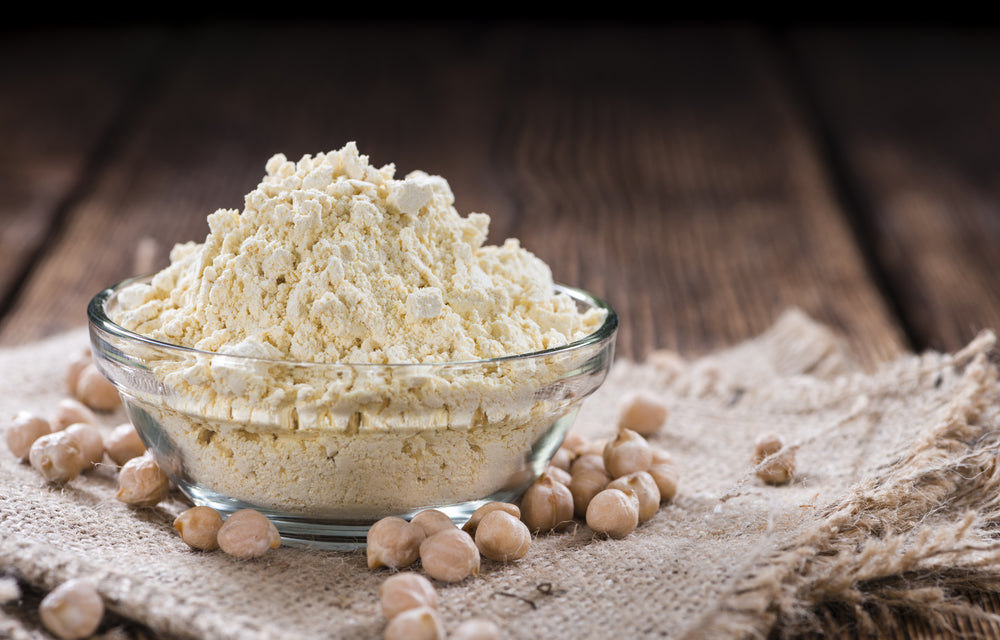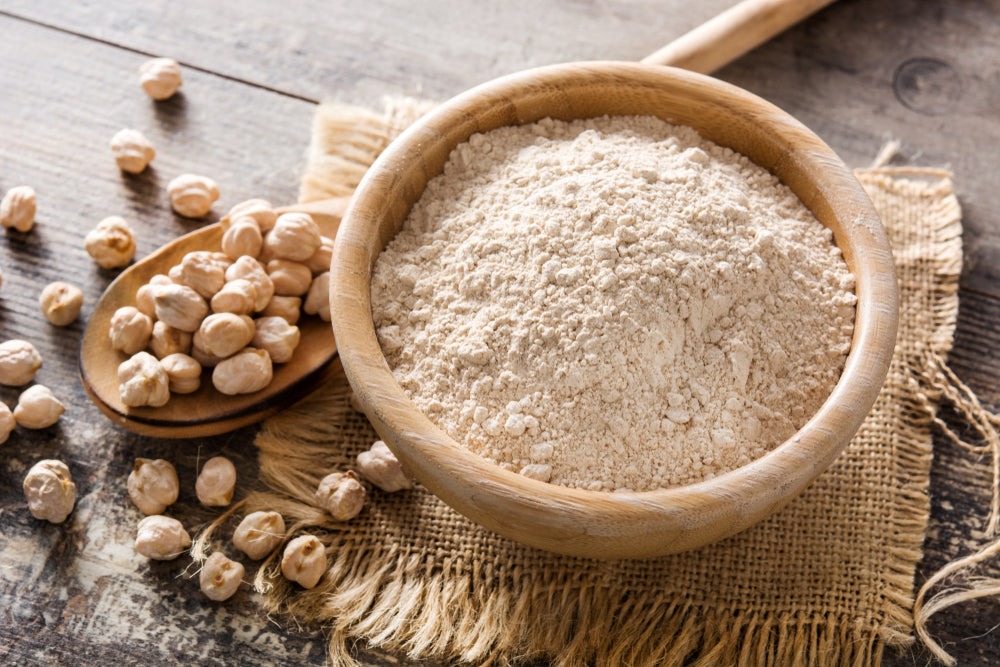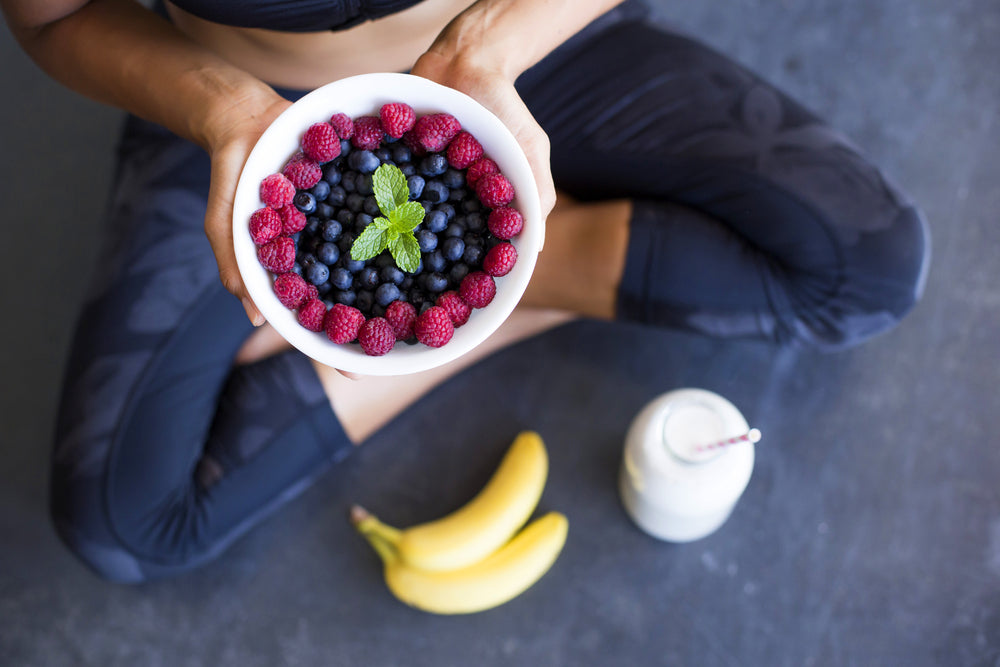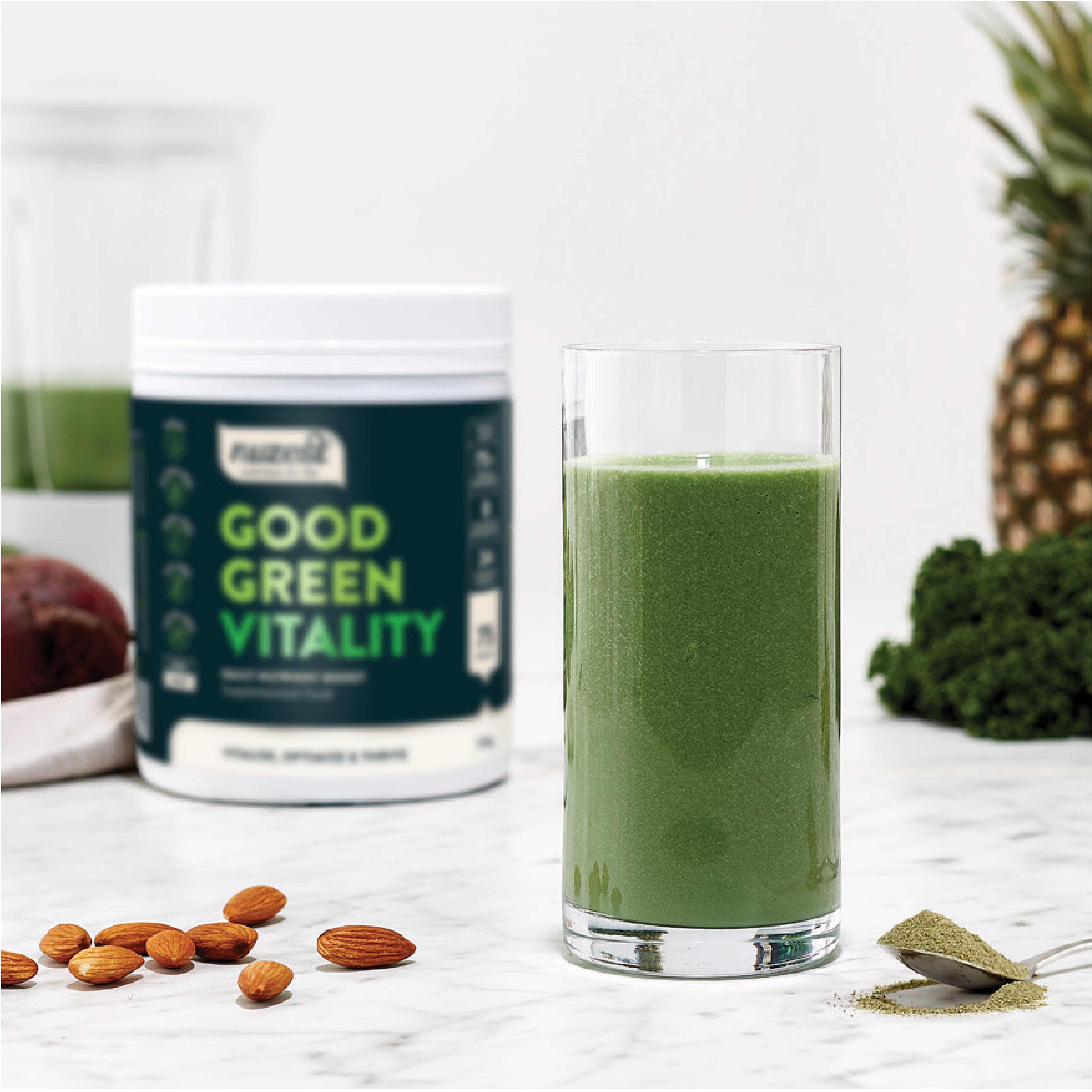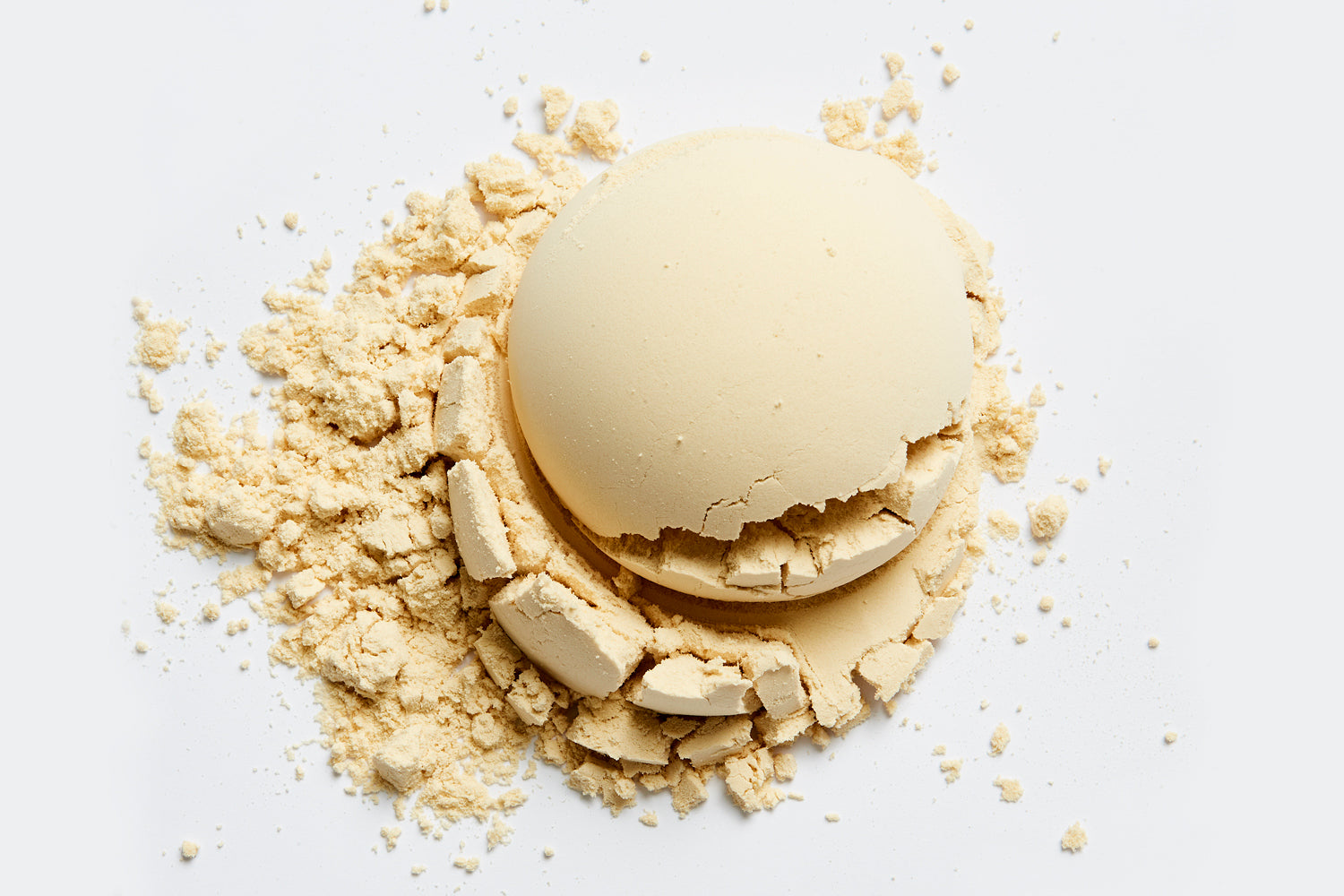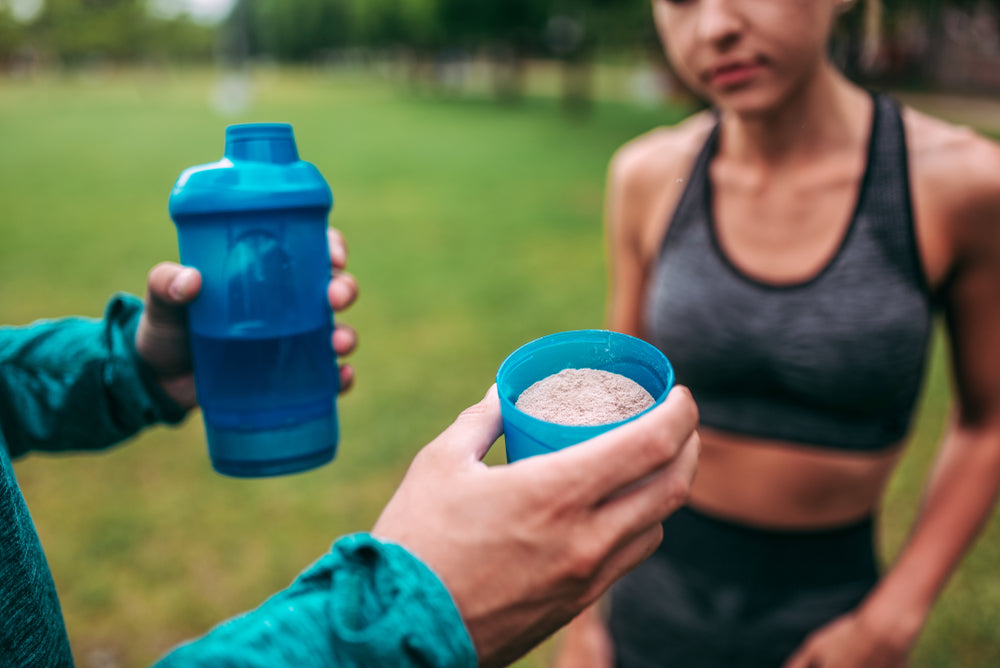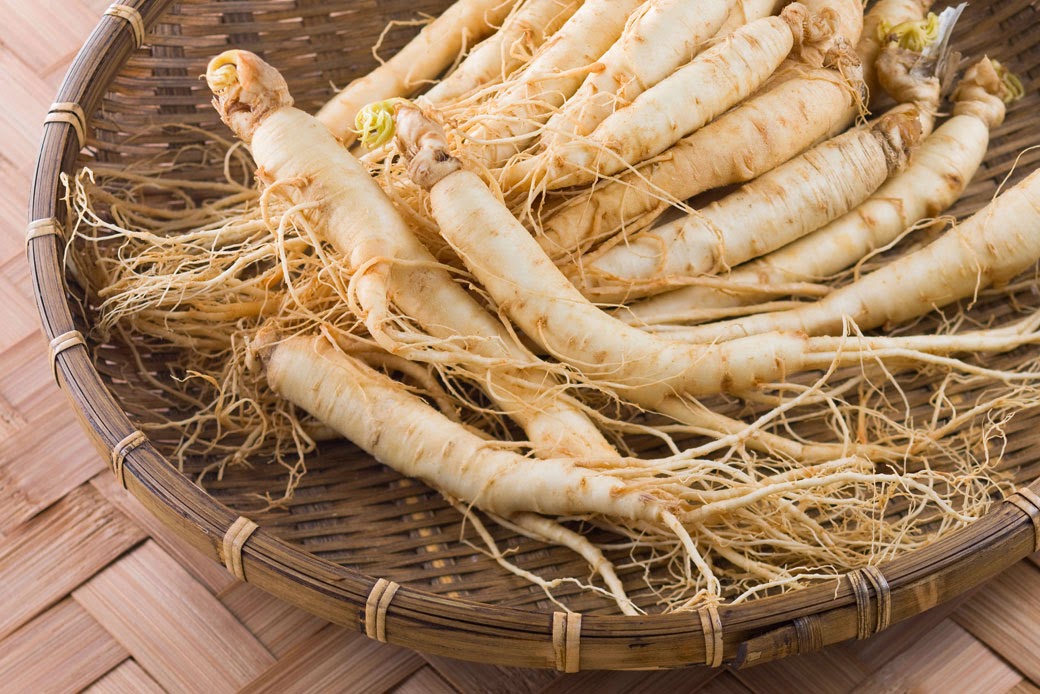With so many protein powder options in the market, you’ll surely find yourself struggling to make an educated decision for your health and fitness journey. Right now, you may be in a position to decide which protein powder works better for you? Is it whey protein or pea protein?
Whey protein and pea protein are recognized as the best protein powders in terms of quality and convenience. No protein powder in the world fits all. Each of us requires different ratios of ingredients or nutrients to hit our health goals. Thus, you must have to dig deeper into which protein supplement will suit your needs.
In this post, we will unravel the differences between whey protein and pea protein. You’ll learn more about their nutritional value, health benefits, and which one will align better with your health and fitness goals.
Protein powders
Protein powders are more than just the hype of the moment nor a trend. They’re not only formulated for athletes and gym enthusiasts but also for individuals who simply seek to hit their daily protein intake.
Many of us know that meats, dairy, nuts, and beans are the primary protein sources. Protein is a macronutrient made up of amino acids joined together to form long chains. What does protein do for your body?
- Supports muscle repair and development
- Provides structure to cells and tissues
- Helps in food digestion by breaking down complex substances into simpler ones
- Promotes healthy skin, hair, bone, and muscles
- Transports substances in the blood or lymph throughout the body
- Supports the defense system to protect the body from foreign pathogens
- Helps control appetite
Why are there more people getting interested in exploring the use of protein powders? Basically, they use it to:
- supplement their protein intake
- build muscle strength
- promote quicker muscle recovery
- support weight loss.
Protein powders are nutrient-dense, and they serve as a great grab-and-go meal addition to your healthy shakes, especially when you are in a rush. In other words, they are a convenient form of concentrated protein source which can be consumed in just one sitting.
To help you land a decision on which protein powder you will take, let’s dissect the difference between whey protein and pea protein.
What’s the Difference Between Whey Protein and Pea Protein?
Now, let’s make a comparison between whey protein and pea protein!
Where do they come from?
Whey Protein
Whey protein is found in whey, the watery component of cow’s milk that separates from the curds during cheese production.

Pea Protein
Pea protein is a plant-based protein product generally derived from the yellow split peas (Pisum sativum) of the legume family.
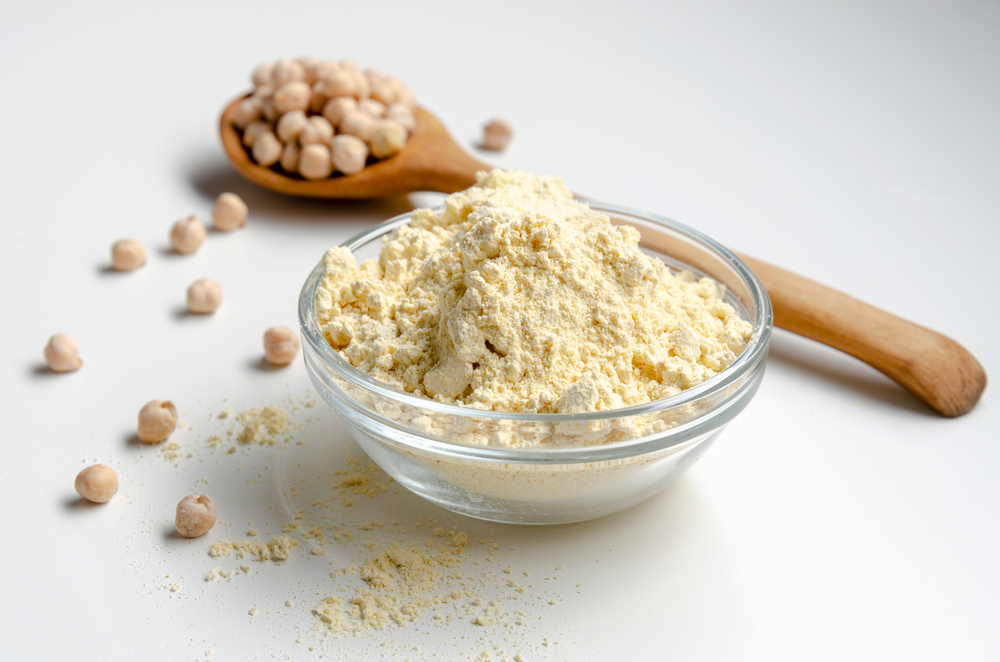
How are they made?
Whey Protein
To produce whey protein powder, the protein-rich liquid component of cow’s milk is separated, purified, and transformed into powdered form.
The classic form, whey protein concentrate, is 80% protein with low amounts of lactose and fat. The isolated form, whey protein isolate, holds a higher percentage of protein with lesser carbs, lactose, and fat than the classic form.
Pea Protein
Pea protein is produced by chemically isolating the protein portion of the yellow peas. As a result, you’ll have what they call the pea protein isolate.
What is their nutritional value?
The nutritional composition of protein powders varies from brand to brand. Let’s compare the serving portion of Whey Protein Powder - Whey Based (1 serving, 32g) vs. Nuzest’s Pea Protein - Clean Lean Protein (1 serving, 25g).

Both whey protein and pea protein powders are great sources of protein. When it comes to the number of grams per serving, whey protein powder has slightly more protein than pea powder.
Whey protein and pea protein are recognized as complete type proteins as they contain all nine essential amino acids. If we talk about which one contains high amounts of branched-chain amino acids, it is whey protein.
Although pea protein has all of the essential amino acids, it only holds a very small amount of methionine.
Furthermore, both protein powders contain low amounts of carbohydrates, fats, fiber, and sugar as well.
There's a big gap in their calcium and potassium as whey protein is made from milk. However, pea protein holds higher amounts of iron because peas and other legume varieties are rich sources of iron.
How About Digestion & Bioavailability?
Bioavailability refers to the body's rate or the extent to digest, absorb, and utilize nutrients from food.
According to a study, plant-based protein is less bioavailable compared to animal-based proteins. Therefore, we can say that the body digests and absorbs nutrients from whey protein faster, while it will take more time if it is from pea protein.
What are Their Health Benefits?
Whey protein and pea protein serve many functions, just like most protein sources. However, they do have their own unique health benefits.

Which one is more Earth-friendly?
When it comes to environmental sustainability, pea protein is the winner.
Consumers who have chosen to “go green” by using plant-based products can significantly reduce their carbon footprint.
What Are the Precautions of Taking Whey Protein and Pea Protein?
Whey protein is suitable for individuals who are not intolerant or allergic to dairy products. There are whey protein powders manufactured to have less lactose in their composition as well.
Pea protein will be the best bet for vegans and individuals with lactose or gluten intolerance and whey allergies.
Note that most pea protein supplements contain high amounts of sodium per serving. Thus, you must be mindful of your pea protein intake if you are on a sodium-restricted diet.
What Do They Taste Like?
Whey protein is has a mild, bland, and milky-like taste. If you have a picky palate, you can start with whey protein first.
On the other hand, Pea protein holds a smooth and creamy texture with notes of raw and earthy flavor.
These days, whey protein and pea protein manufacturers have developed more flavors for consumers to choose from.
Some pea protein and whey protein powders may contain additives such as sugar, thickeners, and artificial flavors. Hence, make sure to check the label if you want to avoid products containing these ingredients
Which Protein Powder Should You Use?
Should you take whey protein or pea protein?
Both protein powders are actually excellent options! Just choose depending on your needs now that you are more aware of their difference at this point.
You must know that they are both are generally safe and proven to be helpful for people who want to generally improve muscle mass and strength or simply achieve their required daily protein intake.
Remember. The wrong type of protein powder will not only stop you from achieving your health goals but can also cause adverse side effects to your body.
Additionally, don’t just limit yourself by just mixing them with your healthy shakes! Feel free to explore ideas over the internet on how to incorporate protein powders in some recipes. You can have it in your cookies, jellies, lattes, pancakes, bread, homemade protein bars, and more!
What’s in a Tub of Nuzest’s Clean Lean Protein?
If you think pea protein is your best option for your protein supplement, here are the reasons why you should choose Nuzest’s Clean Lean Protein:
- Made from premium European golden peas
- 100% Vegan, gluten-free, lactose-free, GMO-free, and lectin-free
- Best protein powder option for people with allergies or sensitivity to other types of animal-based and plant-based protein sources.
- Free from fillers, gums, and artificial preservatives
- Earth-friendly
- Have multiple flavors to choose from - smooth vanilla, rich chocolate, just natural, real coffee, wild strawberry, coffee-coconut + MCTs, chai-turmeric + maca, and vanilla mocha.
CLEAN LEAN PROTEIN
Clean Lean Protein provides the building blocks for vitality, repair, recovery and muscle growth. Our unique pea protein formula is 100% plant-based, low in allergens and extremely low in carbohydrates. Made with minimal processing and ingredients, it comes complete with all nine essential amino acids, is a natural source of iron, tasty and easy to digest.
Disclaimer:
The information provided on Nuzest is for educational and informational purposes only. The information provided on this site is not, nor is it intended to be, a substitute for professional advice or care. Please speak to your qualified healthcare professional in the event that something you have read here raises questions or concerns regarding your health.

